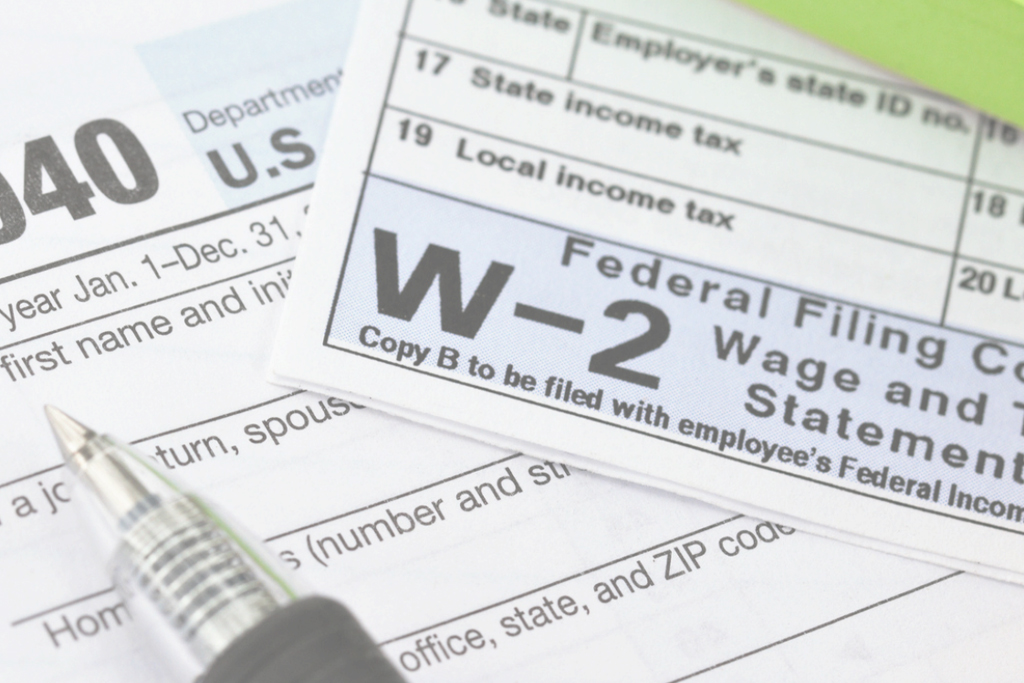October 04, 2024
With gambling revenues hitting a record $109 billion in 2022, the industry continues to surge in popularity. While gambling winnings are typically subject to taxation, compliance remains a challenge. In this report, we reviewed the IRS’s efforts to ensure that individuals accurately report their gambling winnings and that gaming operators fulfill their obligations to pay excise taxes on wagering activities.
A recent report from the Treasury Inspector General for Tax Administration (TIGTA), titled “The IRS Could Collect Over a Billion Dollars in Taxes From Unreported Wagering Income,” sheds light on significant gaps in tax compliance related to gambling winnings and excise taxes. Issued on September 30, 2024, the report highlights how more stringent enforcement could result in over $1.4 billion in additional tax revenue.

Key Findings
The report evaluates the IRS’s efforts to ensure compliance with tax obligations, focusing on individuals who fail to report gambling winnings and gaming operators who underreport excise taxes. Below are the most notable findings:
Nonfilers with Gambling Winnings
Between 2018 and 2020, 148,908 individuals won more than $15,000 in gambling earnings but failed to file tax returns. This noncompliance represents a staggering $13.2 billion in unreported income. By targeting these nonfilers, TIGTA estimates that the IRS could collect approximately $1.4 billion in unpaid taxes.
Forms W-2G with Missing Taxpayer Identification Numbers (TINs)
Hundreds of Forms W-2G, which report gambling winnings, were filed without valid Taxpayer Identification Numbers (TINs), complicating the IRS’s ability to track income. This gap in enforcement could lead to significant uncollected backup withholding.
Excise Tax Noncompliance
The report also highlighted that the IRS lacks sufficient processes to track nonfiling or underreporting of excise taxes by gaming operators, especially in emerging markets like online sports wagering. As online gambling grows, so do potential compliance risks.
TIGTA’s Recommendations for the IRS
To improve tax compliance and address these issues, TIGTA made several key recommendations:
Enforce Tax Return Filings for Nonfilers: Initiate actions against individuals who have significant gambling winnings but have not filed returns
Review Gaps in IRS Systems: Analyze the system’s failure to identify certain nonfilers and tighten enforcement.
Address Forms W-2G with Missing TINs: Although the IRS disagreed with this recommendation, TIGTA suggests analyzing these forms to uncover noncompliant gambling institutions.
Expand Wager Codes to Include Sports Betting: The growing sports betting industry requires specific tracking for better tax compliance.
Conduct an Industry Scan: A thorough review of the online gambling and sports betting industries can help the IRS identify emerging risks and adjust its enforcement strategies.
IRS Response
While the IRS agreed with most of the recommendations, it did not concur with the suggestion to analyze Forms W-2G with missing TINs. Still, the overall message from TIGTA is clear: stronger enforcement and better compliance measures could significantly reduce the tax gap and increase revenue.

Conclusion
With the increasing popularity of online gambling and sports betting, the IRS is facing new challenges in ensuring tax compliance. By implementing TIGTA’s recommendations, particularly in the areas of nonfilers and excise taxes, the agency stands to recover over a billion dollars in unpaid taxes. For individuals and institutions involved in gambling activities, the report serves as a stark reminder of the importance of reporting all taxable income.
Stay tuned for more updates as the IRS begins to address these crucial compliance issues!




